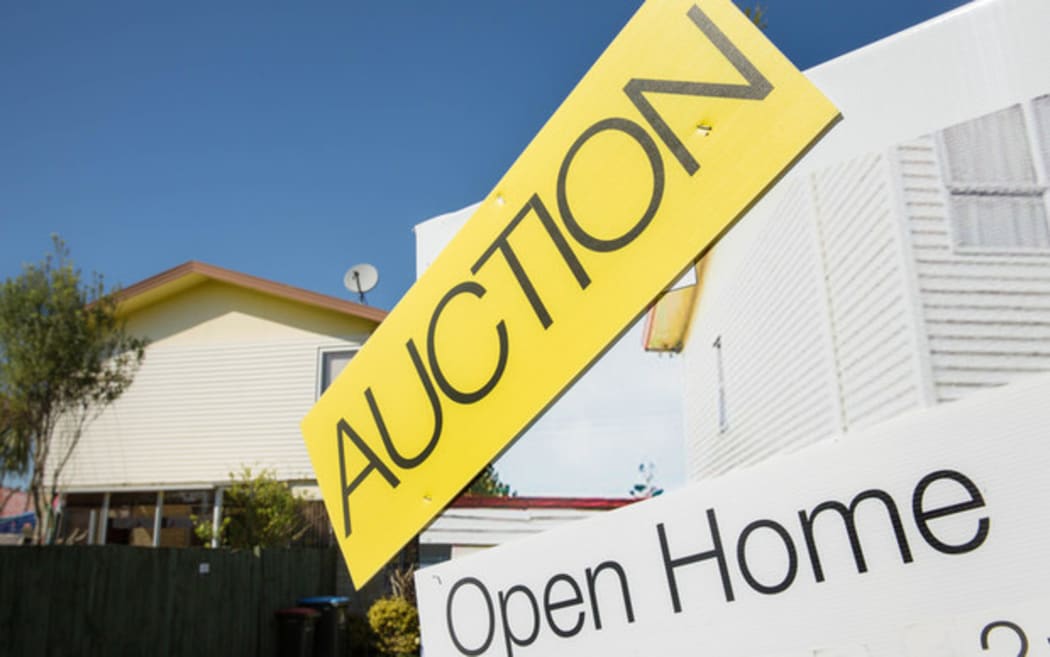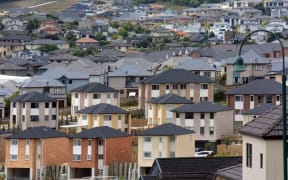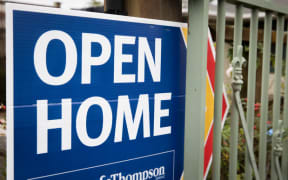Auckland has been ranked the ninth most unaffordable city in a survey of more than 400 cities in nine countries, with Tauranga ranked even worse.

Photo: RNZ / Cole Eastham-Farrelly
The annual Demographia survey found Tauranga house prices were 8.9 times the median income, just a sniff worse than Auckland's "severely unaffordable" 8.8.
Survey co-author Hugh Pavletich said Auckland had improved its ranking on affordability - up from fourth least affordable last year - because of rising incomes rather than falling prices, according to Housing New Zealand.
He said proposed changes to housing policy under the new Labour government should reduce house prices around the country.
"Abolition of the urban limits for Auckland and the introduction of bond financing for infrastructure will make a huge change and I'm sure Labour will implement both.
"To be affordable, housing has to be three times the median income," Mr Pavletich said.
"Severely unaffordable is five times the median income and across New Zealand it's about 5.8 in most of the major cities. Auckland and Tauranga are way above that."
The most affordable New Zealand city was Palmerston North, while Hong Kong was still the most unaffordable city of the countries surveyed: Australia, Britain, Canada, China, Ireland, Japan, New Zealand, Singapore and the United States.
Housing strategist Leonie Freeman said it was staggering that Auckland was right up there with cities like Los Angeles and Sydney.
"The new government is bringing a new view on this but the real issue is that within the property sector we know what solutions are available and we know how to go about it," she said.
"One of the biggest challenges is we are all working in isolation. We have to find a way of working together to fix the problem of housing affordability in New Zealand and I think it can definitely be solved," she said.
The survey only reaffirmed that councils and the government needed to look at the issue of consenting and skill shortages in the building industry, Ms Freeman said.
Collective impact initiatives had worked overseas and would work in Auckland, she said.
"We can implement, straight away, much better reporting so we know where we are up to."
New initiatives could improve on consenting, procurement and innovation.
"So many people have great ideas on how to improve things, but there is nowhere to go."
A 10-year housing plan needed to be put in place as the three-year political cycle was not long enough to make a difference, Ms Freeman said.







